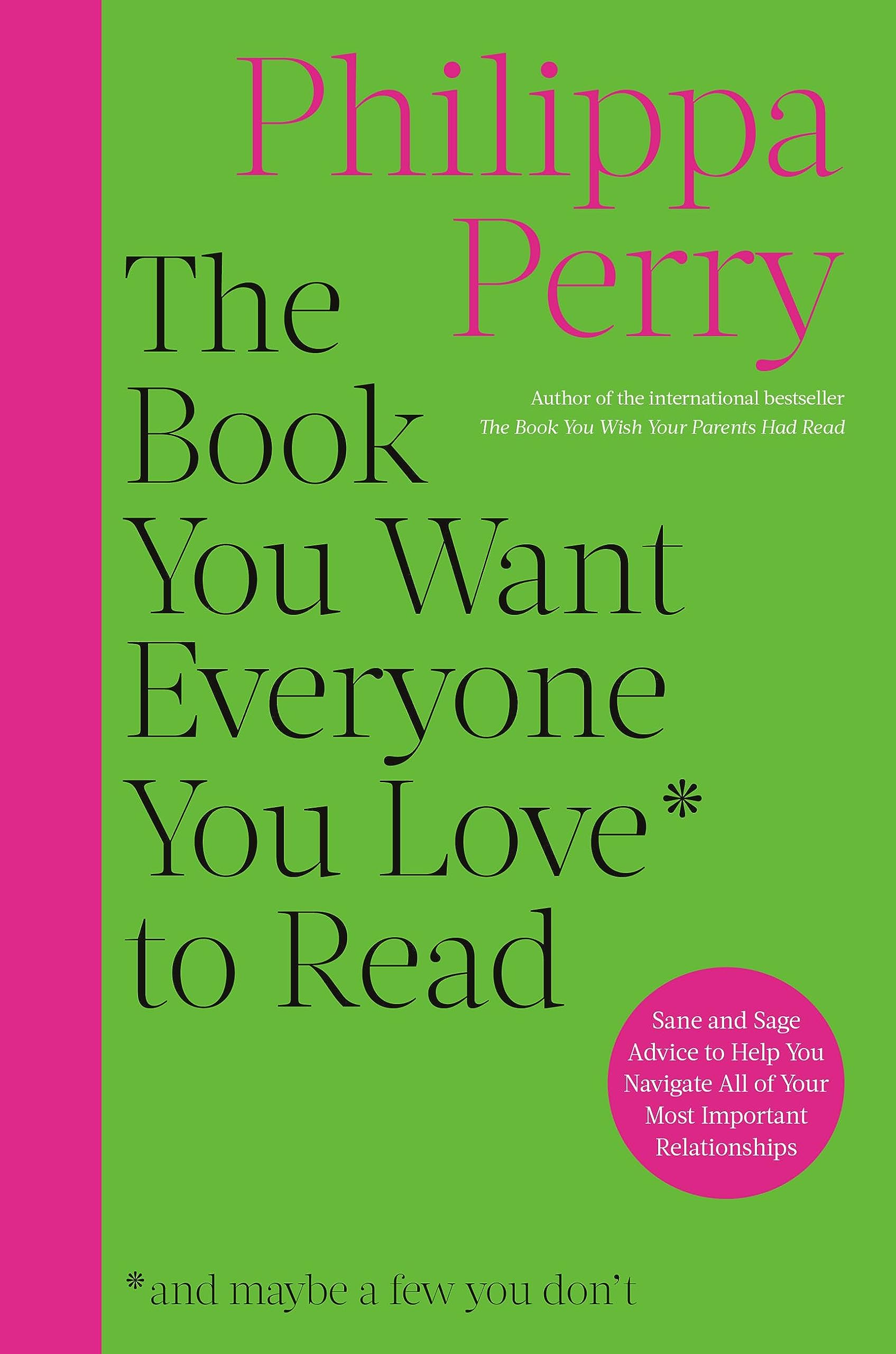
The Book You Want Everyone You Love to Read: Sane And Sage Advice to Help You Navigate All of Your Most Important Relationships
Philippa Perry
About the Author

Philippa Perry
Questions & Answers
To cultivate meaningful connections and maintain a strong sense of self, it's crucial to balance vulnerability and self-awareness. Begin by understanding your own needs, boundaries, and values, and communicate these effectively. Engage in open and honest dialogue, focusing on "I" statements to take responsibility for your feelings and actions. Surrender to the idea that relationships are a two-way street, allowing yourself to be influenced by others while respecting your own identity. Avoid the extremes of isolation and overconnection, instead fostering a few meaningful connections. Reflect on your past relationships to recognize patterns and adapt accordingly. Lastly, be willing to change and grow, both as an individual and within the relationship, to ensure mutual fulfillment and authenticity.
The key factors contributing to conflict in personal and professional lives include differing coping styles (e.g., thinking, feeling, doing), the "It's Not Me, It's You" mindset, the "Goodie Versus Baddie" dynamic, focusing on facts over feelings, the Karpman Drama Triangle, conflict avoidance, and impulsive behavior. To manage and resolve conflicts effectively:
- Understand Coping Styles: Acknowledge and respect different ways of dealing with problems.
- Shift Blame: Focus on personal experiences and feelings rather than placing blame on others.
- Balance Facts and Feelings: Listen to both logical arguments and emotional concerns.
- Avoid the Drama Triangle: Move away from Victim, Persecutor, and Rescuer roles.
- Communicate Openly: Use "I" statements and avoid judgment.
- Address Conflict Avoidance: Encourage open dialogue and healthy expression of emotions.
- Control Impulsivity: Reflect before reacting and consider the consequences of actions.
Navigating change and overcoming obstacles involves self-awareness and adaptability. First, recognize your patterns of behavior and beliefs, and assess if they are serving you. Accept that change is inevitable and can be liberating. To adapt, try new experiences, and be open to learning. For obstacles, take responsibility for your actions and beliefs. If stuck, seek support from others or therapy. Embrace the present, and find meaning in life. Remember, the power to change lies within you, and with practice, you can navigate life's challenges more effectively.
Inner peace, fulfillment, and meaning in life are influenced by various factors, including relationships, self-awareness, and personal growth. Key factors include:
- Healthy Relationships: Positive connections with others, including family, friends, and colleagues, contribute to a sense of belonging and purpose.
- Self-awareness: Understanding one's emotions, strengths, and weaknesses helps in making informed decisions and pursuing meaningful goals.
- Personal Growth: Engaging in activities that challenge and expand one's abilities fosters personal development and a sense of accomplishment.
- Mindfulness and Stress Management: Practices like meditation and mindfulness can reduce stress and anxiety, leading to a more peaceful state of mind.
- Finding Fulfillment: Pursuing activities that align with one's values and interests can provide a sense of fulfillment.
- Meaningful Work: Engaging in work that is meaningful and aligns with one's values can contribute to a sense of purpose.
To cultivate these states, one can:
- Reflect on personal values and goals.
- Foster meaningful relationships and communicate openly.
- Practice mindfulness and stress-reduction techniques.
- Engage in activities that promote personal growth and learning.
- Seek work or hobbies that are fulfilling and align with personal values.
To develop self-awareness, reflect on your thoughts, feelings, and behaviors, and consider how they impact your life and relationships. Practice mindfulness to stay present and notice your reactions without judgment. For improved communication, use "I" statements to express your feelings without blaming others. Listen actively and empathize with others' perspectives. To build stronger relationships, prioritize connection and authenticity. Acknowledge your needs and boundaries, and be open to change and growth. Remember, relationships are a two-way street, and mutual respect and understanding are key.